In tune with its mission to grow into an alternative wave in the ocean of development, Third Wave Foundation has been able to muster a team of visionaries and development professionals who have established themselves as leading thinkers in their domain of work. The range encompasses development practitioners with three to four decades of experience to the emerging leaders in their own rights.
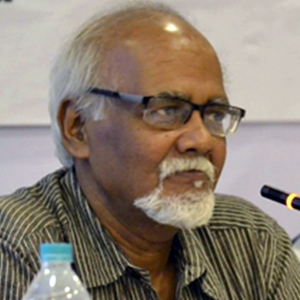
Shri Dilip Ghosh
Dilip Ghosh retired from the Indian Administrative Service as Secretary in the Health & Family Welfare Department, Government of West Bengal. He had also headed a number of Government and external agency-supported projects on rural decentralisation and livelihood in West Bengal. He was a member of the Fourth State Finance Commission of West Bengal after retirement. In the recent past, he was engaged on behalf of UNICEF in field-level studies in several states of India on various aspects of local self-government in the rural areas. A well appreciated development scholar, Shri Ghosh is known for his ready wit, often exposing the hollowness of mainstream development activities. He writes on various issues related to governance and human development in the print media. He is very active in social media and often guides the development practitioners with his rich experience.
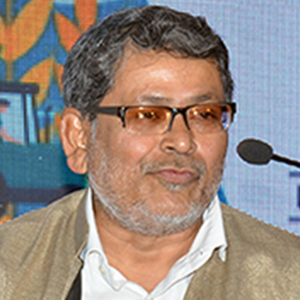
Shri Nabinanda Sen
A retired Professor of Management Science, Shri Sen cannot be introduced in a mere conventional way. A versatile activist, he thinks for honey collectors of Sundarbans, cooperativization of vegetable growers of several districts of West Bengal, takes meaningful action to support the struggle of the workers of closed tea gardens and jute mills, thinks for weaving and connecting alternatives. An Economics scholar by academic training he has seen a lot and analysed small scale and micro movements from unconventional radical perspectives, which has helped him go beyond the mainstream development models that are reiterated in the textbooks. Connected with several smaller organisations and numerous peoples’ alternatives as a mentor and advisor, professor Sen has become more demanding after retirement from the university of Calcutta.
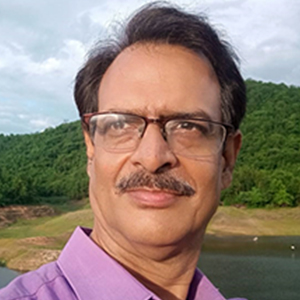
Dibya Gopal Ghatak
Mr. D. G. Ghatak, an exceptional education administrator (Retd. Dy. Director, Directorate of School Education, Govt. of West Bengal) and pedagogy connoisseur, is predominantly looking after the pedagogic intervention and institution development for the education programme of the Foundation, apart from the responsibilities as President. In the mid 90s, when the World Bank supported DPEP programme was initiated in West Bengal, Mr. Ghatak was in charge as the Deputy SPD and in 2011 when the Government of West Bengal decided to transform the syllabus and formed a committee under the chairmanship of Professor Sunanda Sanyal, he was the convener. Mr. Ghatak substantially contributed towards drafting the text books.
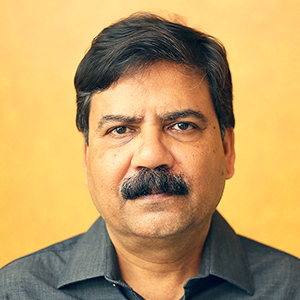
Shri Dibyendu Sarkar
A dreamer in development, Dibyendu Sarkar moves effortlessly in several branches of development. During his career of a little over 35 years in the civil service, he served the West Bengal Government in various capacities. Joining West Bengal Civil Service (Executive) in 1985, he subsequently became a member of the Indian Administrative Service. He retired on superannuation in January 2021 as Secretary in the Department of Panchayats & Rural Development. Mr. Sarkar steered implementation of Mahatma Gandhi Rural Employment Guarantee Act and Scheme in the state for seven years and brought the programme to an enviable height. As Mission Director of the Swachh Bharat Mission (Gramin), his contributions are lauded nationally. He has also acted as Secretary in the SHG & SE Department and coordinated activities promoting women’s empowerment and entrepreneurship. He has worked with UNICEF in Kolkata and Guwahati in the domain of Social and Behaviour Change Communication. Shri Sarkar, in spite of several limitations posed by the system, created space for continuing dialogue with and within the CSOs and community action groups to strengthen their quest for alternatives.
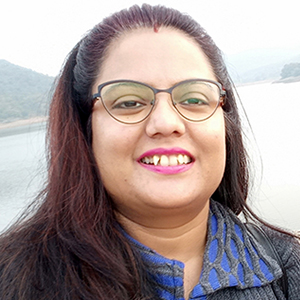
Jaya Mukherjee
Relatively new in the development sector, Ms. Jaya Mukherjee has started to demonstrate her skill in the development domain in early 2015. She is presently entrusted with some finance related assignments. Jaya academically trained in Commerce with specific exposure in Accountancy she has taken great interest in community focused initiatives and several times in her past organisation she emerged as crisis-time warrior when all the regular foot combatants were losing the game. In Third Wave Foundation as a secretary she is predominantly responsible for all the secretarial and managerial functions of the organisation.
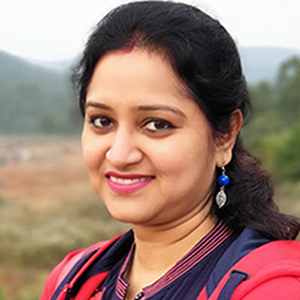
Ranita Banerjee
Within a very short period of our organisation life we have been able to create a ‘Stakeholder Community’ and in that community Ranita, academically trained in History is known to everyone for her focused argumentative advocacy, sustained non-pestering public relation approach and wonderful sense of punctuality. She is responsible for the administrative functions along with the liaison with different stakeholders in TWF. She manages all these very efficiently and also participates in the program planning and implementation affairs with monitoring skills.

Sanjib Kundu
Academically trained in Development Studies, Sanjib has seen many threads of life and stitched and weaved various alternatives. His forays in the domain of development ranges from Pratham Foundation to CRY through Justice and Care and UNICEF, where he is presently engaged as a Child Protection Consultant. As a strong believer in community-based development discourse Sanjeeb is dedicated to create organisational alternatives and intensely asserts that if the CSOs/NGOs really want to engage with the policy discourse and influence it from their perspectives, they have to be empowered in various domains from knowledge to activating village level agitation or creating a livelihoods collective governed by women.

Samhita Mukhopadhyay
A Masters in Social Work (MSW), Samhita knows the socio-political-cultural trajectories of rural India and as a development fellow and professional her engagement in several renowned areas was marked by deeper engagement with the communities for enhancing their health, food, nutrition and livelihoods security. She has also gained experience in the domain of Solid Waste Management (SWM) and other WASH related interventions. Through her critical catalysing guidance TWF is in the way to facilitate the entire process of project designing and establishing new routes for engaging with reality.
